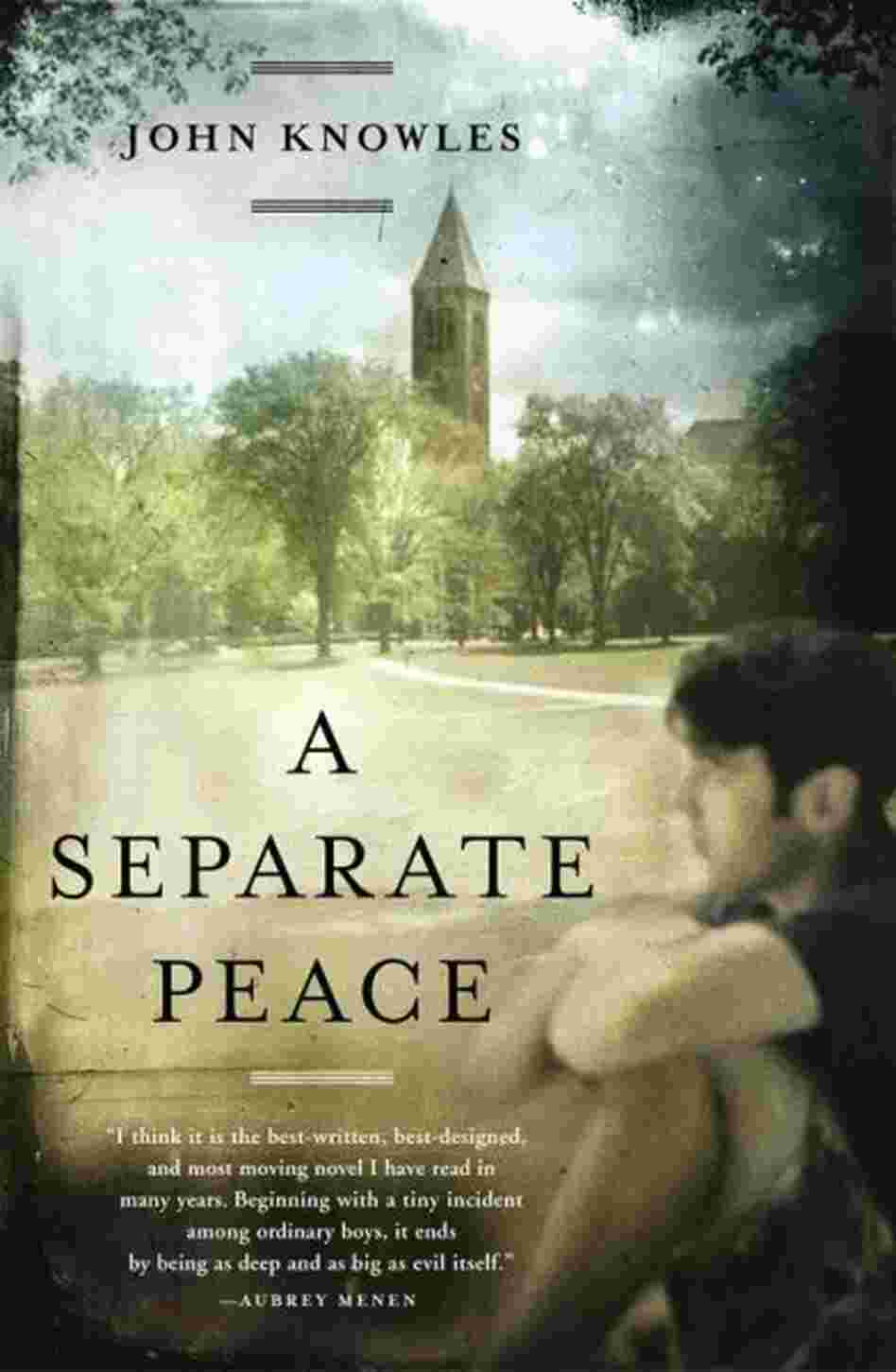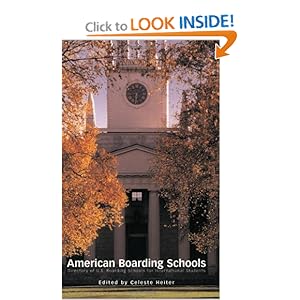What makes a school rank as one of the best in the world? As
with any ranking system, much is subjective. Even data driven rankings are
guided by the kinds of data gathered as well as the kind that is either
overlooked or purposely left out. In other words, these are by nature subjective
and so the result, while allowing for charts and stats, don’t tell the whole or
even a good part of the story (see the entry on The Signal and the Noise for
support of this assertion).
Schools of any sort should be evaluated by more than average
scores, number of playing fields, and amount of support through endowments or
tax bases, although these things are not unimportant. But any attempt to quantify
people is always dangerous. So too with schools. Personalities exist in both,
and personalities are, to me at least, hard to measure with quantifiable data.
What follows is a narrative from a graduate of what many
call an elite US boarding school.
*********************************************************************************
Choate taught me that strangers can become family.
It took less than a month for me to realize that, at Choate,
I had joined a special community. I had arrived on campus just a few weeks
before September 11 – the World Trade Center tragedy. The event called into
question my decision to leave South Africa for the United States. But, even as
we were traumatized by the event, it set off conversations and founded
friendships that convinced us we were in the best place to deal with it. I had
classmates who lost parents and others who felt suddenly insecure because they
were from the Middle East. We were encouraged to discuss what had happened, to
take time off from class as necessary, to support each other. We learned to understand each other deeply –
our sadness, fears, anxieties and hopes. It was not just circumstance that made
Choate’s community special to me. It was that our people proactively tried to
understand each other’s backgrounds and bridge the gap between our cultures. I
was the direct beneficiary of these efforts many times. As a result, I
experienced Thanksgiving –the most American of holidays – with a classmate in
Connecticut and with a faculty member in Florida. “Choaties” do not just open
up to each other at school, they open their homes and lives to each other.
I think Choate inspired friendships through its undiluted
love of learning. Choate had no interest in its students simply achieving top
grades in standardized national tests.
Of course, the students did that, but their achievements were a
by-product of the passionate exploration of different subjects and the pursuit
of adventures. While at Choate, no question was off grounds. If it was not
covered in the curriculum, faculty would invite you to their homes for dinner
to explore a topic together. Sometimes these explorations led to new courses –
with one student and one faculty member. Choate also encouraged adventure. And
that is how I set off for France with my best friends at age 17 – to live in
Paris, to learn French, to indulge in the arts and culture of the region. We
also traded visits to South Africa (for safaris and to explore Nelson Mandela’s
struggle) and to Korea (amazed by the pace of its economic rise).
Although I graduated almost 10
years ago now, the Choate community has never left me. Choaties have been
advisors for the biggest decisions of my life and companions on the most
memorable occasions. When I made a career transition 3 years ago, the deepest,
most probing questions come from my friends at Choate and the most informed at
advice came from the alumni community.
Choate has distinguished alumni, many of whom are very senior, but all
of whom are accessible through one call to Choate. I have never had a request
for meeting turned down. And, even beyond the professional, Choate has been
there for my most important personal moments, decisions, and celebrations. Once
people understand the sense of family that Choate builds, it comes as no
surprise that, when I got married, three of the men standing beside me – vastly
different in appearance, background, and interests – had one thing in common –
a shared past at Choate.
**********************************************************************************
Karl’s experience at Choate prepared him for the path he is
one now. After receiving a prestigious scholarship to a highly ranked
university, he went on to do what many people dream of—work his way up to one of
the biggest investment banks in the world. He is one of their rising stars (when I asked about what kinds of funds he often deals with the words hundred
of millions was mentioned). But what is important about his Choate experience
was not simply academic preparation; instead, it was a supportive community
that became and still is, a family.
I have been involved with boarding schools in a variety of ways.
I have served on a board, have advised some
schools, and had a family member attend one. What I have learned I have written
about before, but it is worth underscoring again. For those on outside, the
name Choate (or a host of other names too) connotes prestige and elitism. There
is likely some merit to thoughts like these or at least it could be usefully
debated. But what I have seen by spending time with boarding school students on
the campus and over coffee, confirm that these students develop lifelong ties
that are not easily replicated.
In addition, the notion that boarding schools
are essentially gated communities for the rich is simply not true. Schools like
Choate do a great deal of outreach in the US and around the world. To walk on
the campus means you will hear many languages and meet people from six continents.
The schools provide financial aid for students who have passed the rigorous
entrance requirements; each student is prepared to do well in a competitive
environment. It is true that there are children of the elite who attend schools
like this. And it is also true that there are students who grew up in projects
in New York and barrios in the West and the South. It is an enclave of mostly
white upper middle class students. Is this something that deserves scorn or
praise? What I have just been describing would also fit any of the Ivies or
other elite colleges and universities across the US. There are students from around
the world, student who are not rich, and there are students of all races and
creeds. Somehow when it is colleges that are in view these data points are not
seen as detrimental to the quality of
the education both in and out of the classroom. So too for Choate.
If we are to
condemn the elite boarding schools for their mission of educating the best and
brightest they can enroll, we should be doing the same for the colleges and
universities whose demographic mix is largely a mirror image of these schools.
But applications to elite colleges have gone up nearly 100% in less than 7
years; it appears that the interest in
these schools as great places is perceived (not always rightly) as the
ticket to future success. I would submit that these boarding schools are places
much like the most sought after institutions of higher learning in the US. It is important to say this again: they do provide financial aid. I know this as I
have worked with students who needed full aid to attend these schools and they
are often actively recruited.
It should come as no shock that students living away from
family tend to create new bonds among their peers and mentors that help to
create a larger family. As Karl has demonstrated, these family bonds last a
lifetime too. For those who have experienced boarding schools, his words will
reaffirm what they already know. For those who have not heard much about
schools like this before, I hope he has persuaded you that at least some of the
best schools in the world are more about family and support than they are about
anything else.





No comments:
Post a Comment